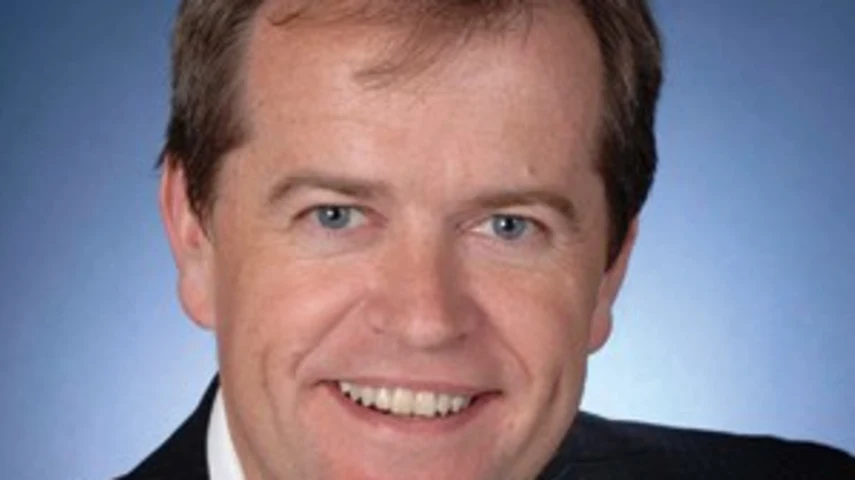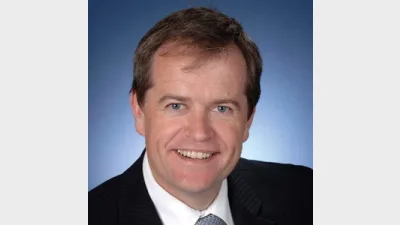Bad advice is just bad advice



It would seem that in the mind of the Minister for Financial Services, Bill Shorten, accountants need to shoulder none of the responsibility for investors being burned by the product and company collapses which have dogged the financial services industry over the past decade.
How else could one explain his glowing praise of the accounting profession when he addressed an Institute of Chartered Accountants (ICAA) event in Sydney late last month and stated in the opening paragraphs of his speech that accountancy was “a profession of high ethical standards, and can I say upfront that I believe, and our Government believes, that you did a very good job during the Global Financial Crisis – and we thank you”.
Clearly then, the minister who implemented the Future of Financial Advice (FOFA) legislation which flowed from the Ripoll Inquiry - which resulted out of events such as the collapse of Storm Financial and Westpoint - knows little about the role of accountants in directing unsuspecting clients towards Westpoint or towards agricultural managed investment schemes (MISs).
Even allowing for the minister attempting to be gracious because he was addressing a room full of accountants, there are many financial planners who are likely to feel aggrieved that the minister so fulsomely praised one section of the financial services community while his assessment of the financial planning industry has so often been so heavily qualified.
Amid all the debate evolving out of the Ripoll inquiry and then the development of the FOFA changes, there was far too much focus on the role of financial planners without, at the same time, accepting that there were other players in the mix, including accountants.
Indeed, at the very beginning of the GFC, the largest number of people who lost money as a result of failed agricultural MISs were either self-directed or had undertaken the investment on the basis of advice received from an accountant and in pursuit of tax minimisation.
When weighed against the opprobrium heaped on the financial planning industry over the past decade, the accounting profession has escaped relatively unscathed - and it is hard to believe this can be considered a fair outcome.
The reality, of course, is that the vast majority of accountants are reputable individuals who provide sound counsel to their clients. But so, too, are the vast majority of financial planners and this needs to be recognised.
Accountants are recognised as being part of a profession; financial planners aspire to their calling becoming a profession, but it should be obvious that clients won’t give a fig if they lose money as a result of bad advice.
Recommended for you
In the latest episode of Relative Return Insider, host Maja Garaca Djurdjevic and AMP’s Shane Oliver break down US and Australian rate cuts, soaring gold, and bitcoin’s volatility.
In the latest episode of the Relative Return Insider, host Maja Garaca Djurdjevic and AMP’s chief economist Shane Oliver unpack the surprising twists in the Australian economy, diving into the latest GDP numbers, what’s really driving consumer spending, and what it all means for the Reserve Bank’s next moves.
In this episode of Relative Return, host Laura Dew chats with Roy Keenan, co-head of fixed income at Yarra Capital Management, to discuss the evolving fixed income asset class, his sector preferences, and the RBA’s rate-cutting policy.
In this week’s episode of Relative Return Insider, AMP chief economist Shane Oliver joins the show to dissect the ongoing government economic reform roundtable and reflect on the wish lists of industry stakeholders – and whether there is hope for meaningful reform.







